Microsoft Azure Interview Questions And Answers For 2025
4.8 out of 5 based on 9758 votesLast updated on 16th Sep 2024 18.7K Views
- Bookmark

Prepare for your Microsoft Azure interview with key questions and answers on cloud services, architecture, and security practices.

To begin with, Microsoft Azure is a cloud computing platform developed by Microsoft. Using it provides a range of services, including computing, storage, networking, and analytics.
Significant Features of Microsoft Azure
The Microsoft Azure platform offers a wide range of features and benefits for businesses of all sizes. It offers various features and this platform is constantly evolving. Thus, providing new services and capabilities being added regularly. To further know about it, one can visit Azure Training. Now let's have a look at the Significant Features of MS Azure.
- Virtual Machines: These are useful for creating and managing virtual machines running various operating systems.
- App Service: It is useful for building and deploying web, mobile, and API applications.
- Azure Functions: This refers to serverless computing for executing code without managing infrastructure.
- Blob Storage: It is useful for storing unstructured data like images, videos, and documents.
- File Storage: This helps in mounting the file shares to virtual machines for shared access.
- Disk Storage: It is useful for attaching the disks to virtual machines for additional storage capacity.
- Virtual Networks: This helps in creating private networks in the cloud.
- Load Balancers: It's primarily useful for distributing the traffic across multiple instances.
- VPN Gateway: It's primarily useful for connecting your on-premises network to Azure.
- SQL Database: This is useful for fully managing the relational database service.
- Cosmos DB: It is a popular NoSQL database that is useful for globally distributed applications.
- Redis Cache: It refers to the in-memory data store for high-performance caching.
- Azure Synapse Analytics: It is a unified analytics platform useful for data warehousing and big data processing.
- Azure Data Lake Storage: This helps in storing and managing the petabytes of data.
- Azure Machine Learning: It is useful for building, training and deploying machine learning models.
- Visual Studio Code: This is a popular code editor with Azure integration.
- Azure DevOps: It provides various tools for planning, building, testing, and deploying applications.
- Azure Security Center: This is primarily useful for monitoring and protecting your cloud resources.
- Azure Stack: Its primary use is to extend the Azure services to your on-premises environment.
- Low-Latency Connections: This solution ensures optimal performance for users located around the globe.
Career Opportunities in Microsoft Azure
As the cloud computing market is continuously booming, there are numerous job opportunities available in this domain after completing the Cloud Computing Online Course. As you must be aware Microsoft Azure is one of the leading platforms, and learning it proves to be very beneficial for your career. The constant usage of MS Azure has created a surge in demand for professionals skilled in Azure technologies. There are many high-paying career opportunities available in MS Azure and with time the demand for Azure professionals is expected to continue to increase. Therefore, companies are on a continuous lookout for hiring professionals with Microsoft Azure Certification. Here are some of the top and high-paying careers you can explore in MS Azure.
- Azure Solutions Architect: These professionals are responsible for designing and implementing the cloud solutions on the Azure platform. Along with this, they have to work in collaboration with the stakeholders to understand the business requirements. Furthermore, these professionals also work on architecting and implementing the cloud infrastructure, applications, and data solutions.
- Azure DevOps Engineer: As an Azure DevOps Engineer, you will be primarily responsible for managing the software development lifecycle using Azure DevOps tools and services. In addition, these professionals also have to work on implementing the continuous integration and continuous delivery (CI/CD) pipelines. Furthermore, they also collaborate and ensure effective software delivery.
- Azure Data Engineer: As an Azure Data Engineer, you will have to work on designing, developing, and maintaining the data pipelines. Along with this, they also work on extracting, transforming, and loading the data from various sources.
- Azure Data Scientist: These professionals are responsible for applying data science techniques to extract insights from large datasets. Along with this, they have to work on developing machine learning models and algorithms for predictive analytics. Furthermore, these professionals also collaborate with business stakeholders to solve complex problems using data.
- Azure Cloud Administrator: As an Azure Cloud Administrator, you will be primarily responsible for managing and maintaining the Azure Cloud infrastructure. Along with this, they also have to monitor and optimize cloud resources for performance and cost-effectiveness. Furthermore, it also ensures great security and compliance in cloud environments.
- Azure Security Engineer: These professionals are responsible for designing, implementing, and managing the security solutions for Azure environments. Along with this, they also have to work on protecting sensitive data and systems from cyber threats. Furthermore, these professionals also ensure compliance with security regulations and standards.
Career Role | Average Salary (INR/Annum) |
Azure Solutions Architect | 8,00,000 - 15,00,000 |
Azure DevOps Engineer | 5,00,000 - 10,00,000 |
Azure Data Engineer | 6,00,000 - 12,00,000 |
Azure Data Scientist | 7,00,000 - 15,00,000 |
Azure Cloud Administrator | 4,00,000 - 8,00,000 |
Azure Security Engineer | 5,00,000 - 10,00,000 |
Azure Developer | 4,00,000 - 8,00,000 |
Also Read These Posts:
Microsoft Azure Certification Exam Details and Cost
Microsoft Azure Database Certification DP-300
Microsoft Azure Certification Path
Microsoft Azure Interview Questions and Answers:
Microsoft Azure is used in numerous businesses all across the globe and learning it provides you with high-paying job opportunities. In addition, to start a career in MS Azure, you have to clear the job interviews. Here are some of the important interview questions you should prepare before the job interview.
Explain the key differences between IaaS, PaaS, and SaaS.
IaaS refers to Infrastructure as a Service and it provides the underlying infrastructure. PaaS refers to a Platform as a Service and it provides a development platform. On the other hand, SaaS refers to (Software as a Service) and it provides a complete application.
What are some of the benefits of using Azure?
Implementing MS Azure in business facilitates great Scalability, flexibility, cost-effectiveness, reliability, and global reach.
What do you mean by Azure Resource Manager and how is it used?
The Azure Resource Manager refers to a deployment and management service. It is useful for creating, updating, and managing Azure resources using declarative templates.
Explain the difference between Azure Virtual Machines and Azure App Service.
The Azure Virtual Machines provide more control over the underlying infrastructure. On the other hand, the Azure App Service is a fully managed platform for building and deploying web, mobile, and API applications.
What is Azure Blob Storage and when is it used?
The Blob storage refers to the service useful for storing unstructured data, such as images, videos, and documents.
How do you implement a high-availability solution in Azure?
To implement the high-availability solution, you use load balancers, multiple availability zones, and automatic failover.
What is Azure Security Center and how does it help protect your cloud resources?
The Microsoft Azure Security Center is a popular security service primarily useful for identifying and addressing security threats.
How to create a Resource Group in Azure?
To create a resource group in Azure:
- Log in to the Azure portal
- In the menu on the left, select Resource groups
- In the Resource groups page, click on Add
- Fill in the details in the fields as follows:
- Subscription: Select your Microsoft Azure subscription
- Resource group name: Enter a unique name
- Resource details region: Select a location
- Click on Review + create
- Once validation is passed, click on Create to create your resource group
How many types of backups are there in Microsoft Azure?
Azure Backup includes three types of replications that keep both storage and data highly available.
Geo-Redundant Storage (GRS): The default and recommended option that replicates data to a secondary region far from the primary location.
Locally Redundant Storage (LRS): Creates three copies of the data in a storage scale unit within a data center.
Zone-Redundant Storage (ZRS): Replicates the data in availability zones with data residency and resiliency in the same region and has no downtime.
Conclusion:
Microsoft Azure is a powerful and versatile cloud computing platform. It offers businesses with a wide range of features and benefits for businesses of all sizes. Mastering Azure allows you to open up exciting career opportunities and contribute to the success of organizations in the digital age. MS Azure provides great scalability and allows you to easily scale your resources up or down to meet changing demands. Furthermore, it ensures that your applications can handle peak loads and remain cost-effective during off-peak times. Learning it allows you to gain the skills and knowledge needed to design, build, and manage cloud-based applications.
Subscribe For Free Demo
Free Demo for Corporate & Online Trainings.
Your email address will not be published. Required fields are marked *

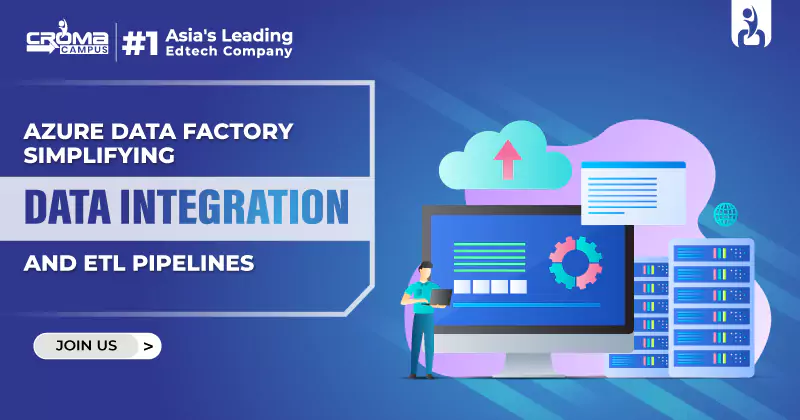


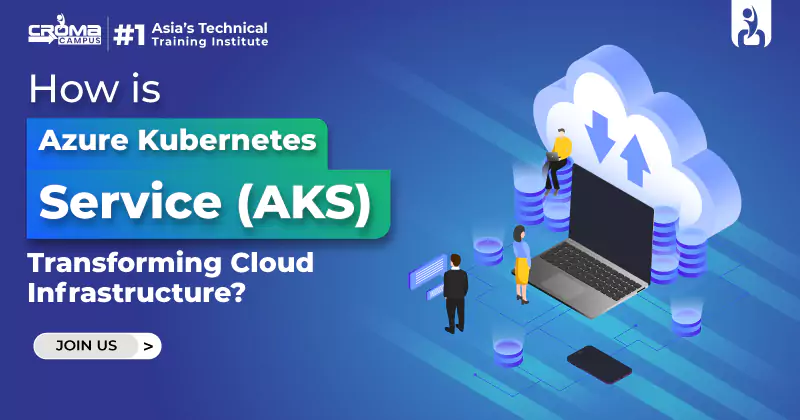
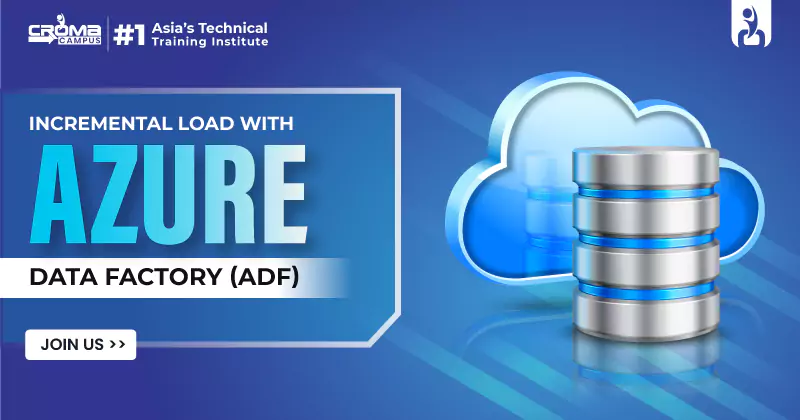

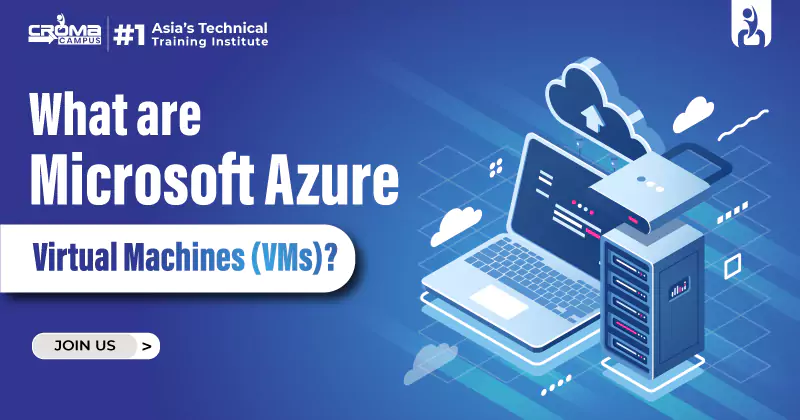

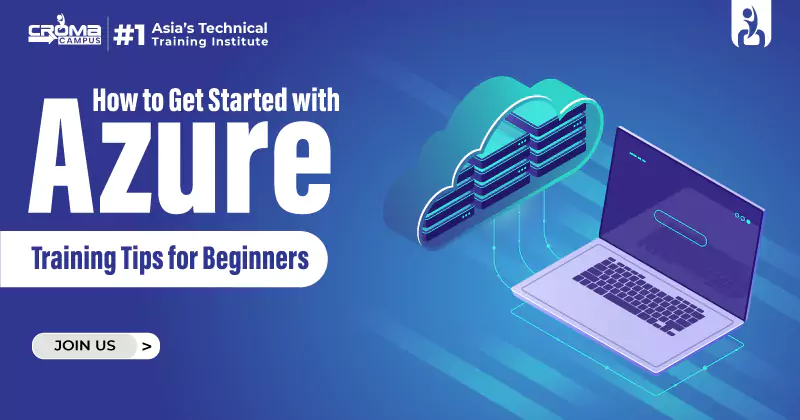












 Master in Cloud Computing Training
Master in Cloud Computing Training